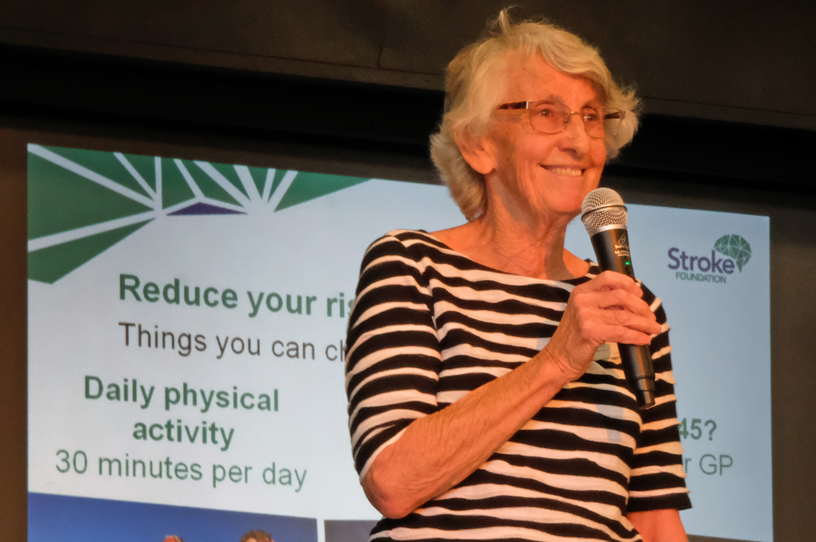Australia has one of the highest rates of skin cancer in the world, and sunscreens are a critical way to protect yourself. We are reminding consumers of the importance of correctly using sunscreen – by applying them liberally and regularly – and using other sun protection measures this summer.
Sunscreens contain substances that either absorb or reflect the sun’s ultraviolet (UV) rays to prevent most of it from penetrating the skin and damaging skin cells. Only approved ingredients can be included in sunscreens, and each of these ingredients has been assessed for safety.
The TGA regulates sunscreen products to ensure they meet the high standards for quality, safety and effectiveness set by the Australian regulatory guidelines for sunscreens. This includes actively monitoring products on the market through both laboratory testing and compliance reviews.
If we identify a potential safety concern, we investigate it and take decisive action if needed. This may include publishing safety alerts for consumers and recalling products that do not meet Australian standards.
People who use sunscreens are encouraged to report any adverse events or problems they experience. This helps us to monitor the safety and performance of products. We also collaborate with overseas regulators to identify emerging issues with sunscreen products.
This summer season, we are focussing on the following:
- Checking the effectiveness of aerosol sunscreens, particularly when they are applied in real-world settings, such as at a windy beach.
- Testing for benzene contamination of sunscreens, in particular in aerosol products.
- Evaluating benzophenone impurities in sunscreens containing the active ingredient octocrylene.
Effectiveness of aerosol products
The TGA is starting a compliance review of listed aerosol sunscreen products. This will look at the effectiveness of aerosol sunscreens when they are applied according to the instructions on the label.
The active ingredients in aerosol sunscreens are more dilute than many lotion and cream sunscreens as they need to be mixed with propellants. This means a large amount of aerosol sunscreen needs to be applied to reach the same coverage as lotion and cream sunscreens. We are concerned that many people do not apply adequate amounts of aerosol sunscreens, in part because many are more expensive that cream and lotion sunscreens.
Sponsors of aerosol sunscreens are expected to maintain records showing they comply with regulations that ensure the effectiveness of their product when it is used as intended. If the TGA identifies a problem that cannot be addressed by the manufacturer, the product may be removed from the Australian market.
The outcomes of the compliance review will be published on the TGA website.
Potential benzene contamination
We are aware of reports from the United States indicating benzene had been found in some sunscreen products, particularly aerosol products. This led to the recall of some sunscreens overseas.
Benzene is classified as a human carcinogen, a substance that could potentially cause cancer depending on the level and extent of exposure. It is not an ingredient in sunscreens but is suspected to be a contaminant from raw materials used in the product’s manufacture. The TGA is working with sponsors to investigate the source of benzene.
The TGA has limits on these types of chemicals and the level of benzene must be below 2 parts per million (ppm) in sunscreen products that are regulated as listed medicines in Australia. We use a very conservative approach to set limits for benzene and similar chemicals. They are calculated to ensure that an individuals’ excess cancer risk would not exceed 1:100,000 if that individual used the maximum recommended amount of the product every day for 70 years.
The TGA has recently tested a selection of sunscreen products. The majority of products were found to have no detectable benzene, or levels below the 2 PPM limit. Some products were found to contain slightly higher levels of benzene. At the levels detected, exposure to benzene is not expected to cause serious adverse health effects. However, to ensure consumer safety, products containing benzene above the limit are being recalled. Testing of additional products is planned. Results from the initial testing have been published on the TGA website.
Benzophenone impurities
Reports from the United States also found that sunscreen products containing the active ingredient octocrylene may contain benzophenone impurities. Octocrylene is a common ingredient of sunscreens and is safe at approved levels. However, under certain conditions it may breakdown to form trace amounts of the chemical benzophenone which is a possible human carcinogen.
The TGA is reviewing the safety of benzophenone and testing is underway for this impurity in sunscreens. We will take action if we find products with unacceptable levels of benzophenone to ensure the ongoing safety and quality of Australian sunscreen products. Testing results will be published on the TGA website.
Useful resources on sunscreens
- Sunscreens: information for consumers
- How the TGA regulates sunscreens
- Findings from a previous compliance review of sunscreens
- Report a problem or side effect with a sunscreen
- Preventing skin cancer – Advice from the Cancer Council








